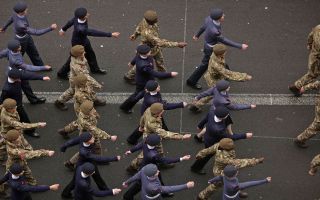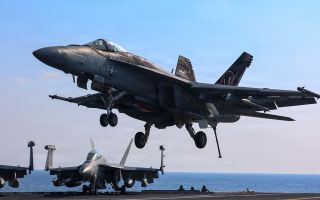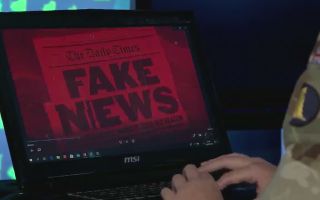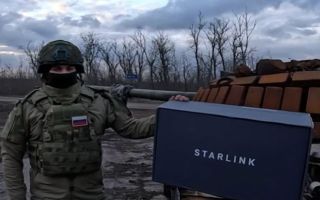Debunking the myth that Jewish people didn't fight during the Second World War
One of the most persistent questions raised of the Second World War and Adolf Hitler's genocide of European Jews is why the Jewish population did not fight back in the face of the horrific Holocaust.
The myth that Jews remained passive against the onslaught of the Nazi regime still permeates through many parts of society, say members of the Jewish community, with some still questioning why Jews did not take up arms against their aggressors as the Holocaust raged across Europe.
The notion that Jews did not fight, however, does not stand up to scrutiny – they did.
In the British Armed Forces, Jewish people gave their service in great numbers.
There was even an entire regiment of the British Army known as the Jewish Brigade, otherwise known as the Jewish Infantry Brigade Group, that was formed in 1944 and served in the latter stages of the Italian Campaign.
The numbers don't lie
In answer to the idea that Jews didn't fight back, the statistics alone speak for themselves.
In Britain, for instance, more than 60,000 to 70,000 Jewish people, out of a population of about 300,000 men, women and children, served in the British Armed Forces.
Historian Martin Sugarman, an author and archivist at the Association for Jewish Ex-Servicemen and Women (AJEX) and the Jewish Military Museum in London, is a prolific author and researcher about the Jewish contribution to military service and the Allied victory over Nazi Germany.
He notes that of those 70,000 who served in the British Armed Forces, thousands made the ultimate sacrifice in service to their country.
The historian notes that more than 3,000 Jewish members of the Armed Forces died in service, along with 700 of the 30,000 Jewish volunteers from what was then British Mandate Palestine, prior to Israel's declaration of independence in 1948.
Not only did Jews fight but many have been honoured for their bravery, with three Victoria Crosses, 168 Military Crosses and 188 Distinguished Flying Crosses awarded to Jewish personnel.
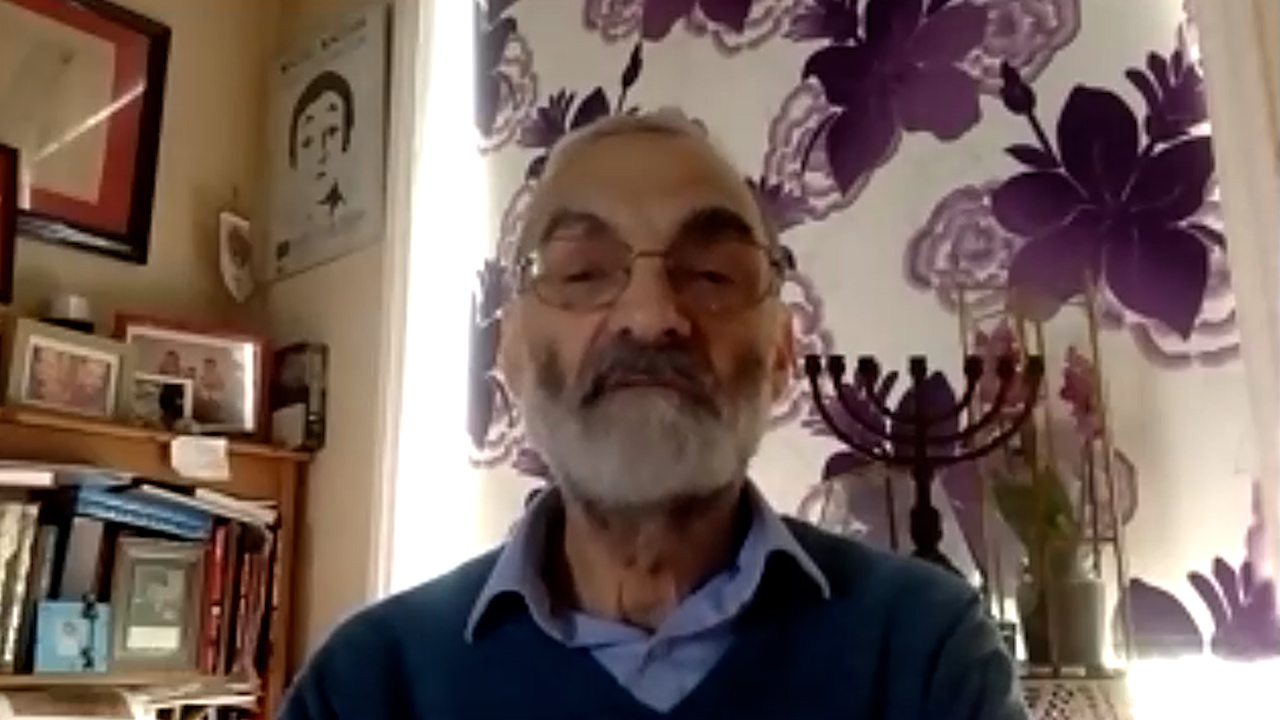
And there have been more than a thousand mentioned in dispatches, receiving praise from a superior officer for their gallant or meritorious actions in the face of the enemy.
Mr Sugarman, when asked why the myth that Jewish people did not make a stand against the Nazi regime is still perpetrated, said: "It's the religious and economic and political antisemitism, the three branches of antisemitism that have been with us really for two millennia."
Many members of the civilian population across Europe did not take up arms against Hitler's Germany in the Second World War, but despite many sections of the community also falling victim to the Holocaust, it is often the Jewish population that is singled out as not fighting back.
Mr Sugarman said: "The Jews have always been scapegoated, whenever there are issues within a nation state or empire, the Jews get targeted."
He said that, even when it has been obvious that Jews, when citizens of nation states that are embroiled in political disputes with neighbouring countries, have been "good citizens and done their duty in military forces", there is still often a hardcore of anti-Jewish feeling "no matter what happens".
He added that no matter how well documented it was that Jews were contributing to the war effort, and more so as a community if the proportion of their numbers in the population were taken into account, the allegation that they were not "doing their bit" still materialised.
He said: "The myths always exist and they are still with us and the Second World War was no exception."
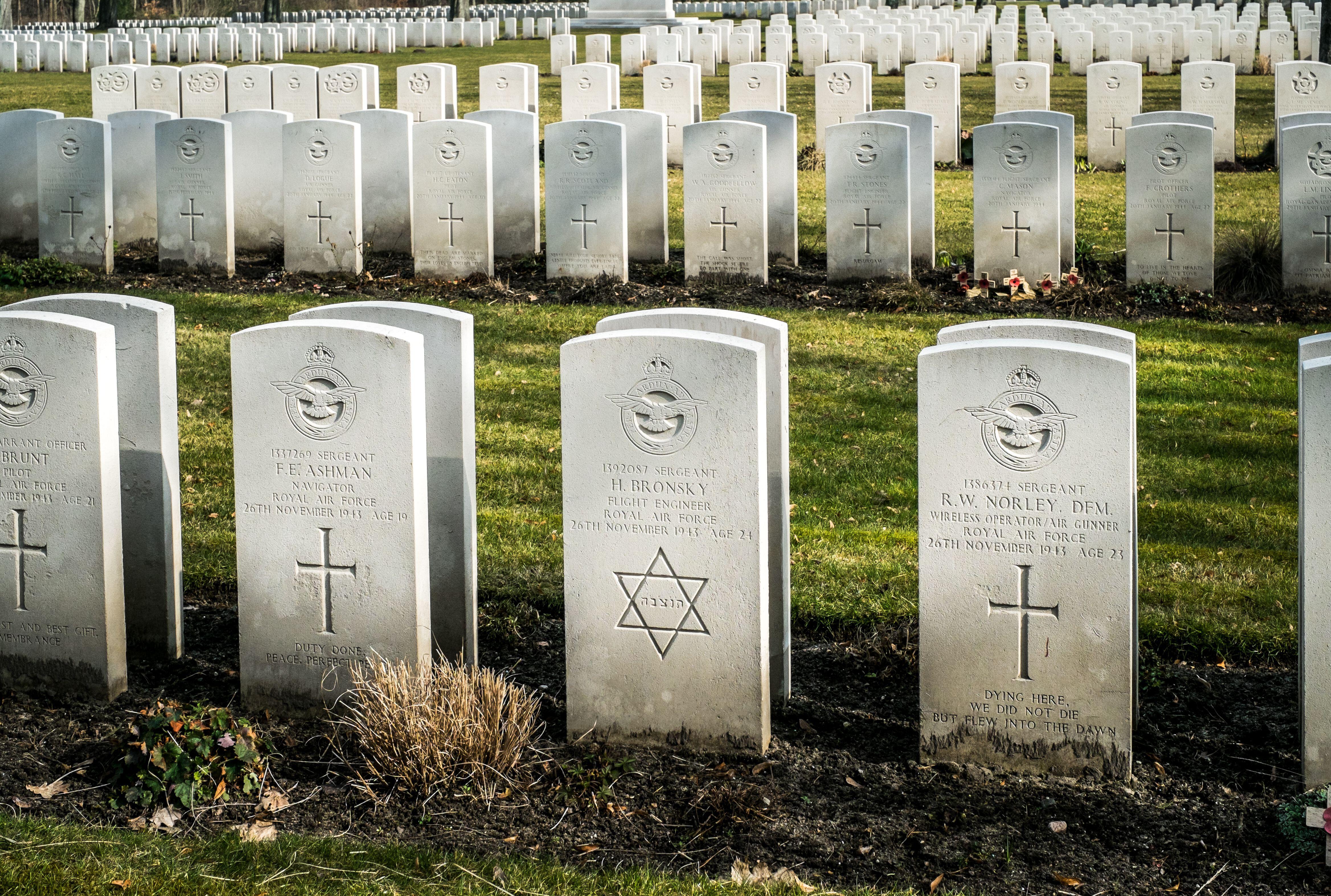
Band of brothers
Mr Sugarman said that attitudes towards Jewish people within the British Armed Forces tended to change once personnel from all communities were fighting alongside each other in battle.
He remembers his father and uncles talking about anti-Jewish feelings they encountered during the war years but added: "On the other hand, they also talked about their wonderful non-Jewish friends who were with them and were their comrades, and there were no barriers.
"That's often explained by the fact that in basic training there was a lot of anti-Jewish feeling but once you were in theatre and they were actually fighting, everyone was in the same boat, and people tended to get on much better."
The numbers of Jewish people in the British military are well documented, as Jewish chaplains kept note cards on the Jewish men and women who served.
While historians estimate that the numbers could be higher, the cards give a solid and reliable record of the tens of thousands of Jewish personnel who served in the British Army, Royal Navy and Royal Air Force.
Mr Sugarman said: "The Jewish chaplains, of which there were about 40 or so, kept a little card on every man or woman they met who was serving, both at home and abroad, like the little library cards we used to have in the old days when you borrowed a book.
"There are about 70,000 of them and they were kept by the Jewish chaplains at the United Synagogue headquarters."
The cards have now been inherited by the Jewish Museum where they have been since the 1980s.
Mr Sugarman said the proportion of the Jewish community which contributed to the military effort in one form or another was actually higher as a proportion of the population than any other section of the British population at the time.
Lack of recognition
Many members of the Jewish community work hard to counter the myth that Jews did not fight back during the Second World War or contribute to the war effort.
Historian and archivist Mr Sugarman is the author of five books on the Jewish contribution to the British war effort in the Second World War, including Fighting Back which is a response to the "oft-perpetrated myths of British Jewry's alleged lack of fighting spirit", and other books on Jews in the Merchant Navy and the Jewish participation in the fire service of the Second World War.
He said he began writing because of the lack of recognition for those members of the Jewish community who served during the war, despite the overwhelming records that showed how many Jews contributed to the war effort from a relatively tiny British-Jewish community.
He said the myths persist to this day, despite several members of the Jewish armed forces being awarded Victoria Crosses for bravery, including submariner Tommy Gould, Louis Aaron, who was in the Royal Air Force, and John Kenneally, a Jewish member of the Irish Guards.
Mr Sugarman has also documented the Jewish airmen who took part in the Battle of Britain, saying: "I found, matching with our Jewish chaplain cards, and some of them obviously by name, by their surname, about 30 to 40 Jewish airmen who served in the Battle of Britain.
"And that's little known about and we're very proud of them.
"They were Canadians, Australians, a couple of South Africans and British, and there was one Israeli."
During the Second World War, Jews served in their hundreds across various Special Forces divisions such as the Special Operations Executive, the Special Air Service, Long Range Desert Group, Popski's Private Army, Commandos, Paras, and at Bletchley Park, the home of the code breakers.
A list of these Jewish service personnel can be found in the Remembrance book We Will Remember Them by Martin Sugarman and Henry Morris.

